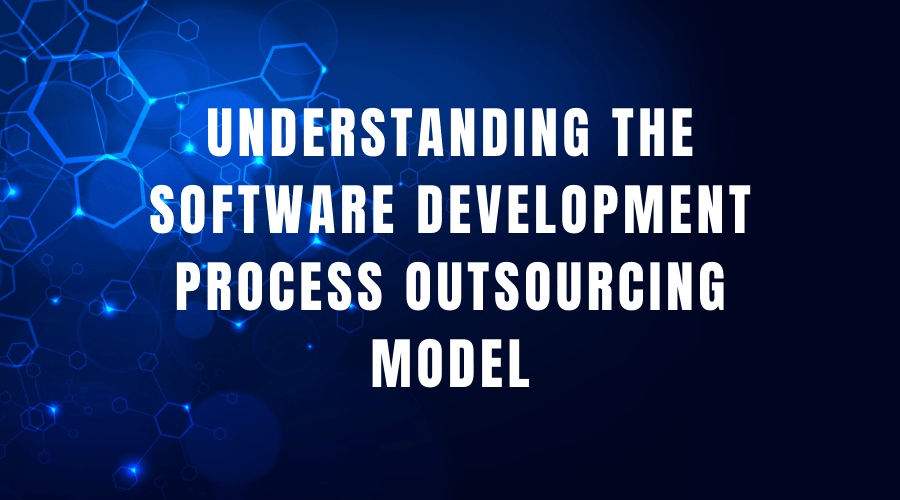The software development process outsourcing model refers to the practice of outsourcing various aspects of software development to external partners. This model has become increasingly popular in recent years due to advancements in technology and the need for businesses to stay competitive in a rapidly evolving market. Outsourcing software development can provide many benefits to businesses, including cost savings, access to a wider pool of talent, and the ability to focus on core business functions.
However, choosing the right software development outsourcing partner is a crucial step in ensuring a successful outsourcing experience. There are several different models for outsourcing software development, each with its own strengths and weaknesses. Some common models include onshore outsourcing, offshore outsourcing, and nearshore outsourcing.
Onshore outsourcing involves working with a software development partner that is based in the same country as the business. This can provide benefits such as better communication and easier collaboration, as well as access to a local talent pool. However, onshore outsourcing can be more expensive due to higher labor costs and a smaller pool of available talent.
Offshore outsourcing involves working with a software development partner that is based in a different country. This can provide significant cost savings, as well as access to a larger pool of talent. However, offshore outsourcing can also present challenges such as communication difficulties and cultural differences.
Nearshore outsourcing involves working with a software development partner that is based in a nearby country. This can provide benefits such as lower costs and better communication compared to onshore outsourcing, while still allowing access to a local talent pool.
When choosing a software development outsourcing partner, it is important to consider factors such as the partner’s expertise, experience, and technology stack. The partner’s project management methodologies and processes should also be evaluated to ensure that they align with the business’s goals and expectations. Additionally, it is important to consider the level of transparency and communication that will be required in the outsourcing relationship, as well as the security measures that will be in place to protect sensitive information and data.
Another key factor to consider when choosing a software development outsourcing partner is the level of support and resources that the partner will provide. The partner should have a dedicated project manager who will be responsible for overseeing the project, as well as a support team that is available to address any issues or concerns that may arise.
In conclusion, outsourcing software development can provide many benefits to businesses, including cost savings, access to a wider pool of talent, and the ability to focus on core business functions. Choosing the right software development outsourcing partner is a crucial step in ensuring a successful outsourcing experience, and it is important to consider factors such as the partner’s expertise, experience, technology stack, and level of support. By carefully evaluating these factors and choosing a partner that aligns with the business’s goals and expectations, businesses can benefit from a successful software development outsourcing experience that helps them achieve their goals and stay competitive in a rapidly evolving market.
